Gender in Early Modern German History
Part of Past and Present Publications
- Editor: Ulinka Rublack, University of Cambridge
- Date Published: November 2010
- availability: Available
- format: Paperback
- isbn: 9780521179973
Paperback
Other available formats:
Hardback
Looking for an inspection copy?
Please email [email protected] to enquire about an inspection copy of this book
-
Why did parents prosecute their children as witches? Why did a sixteenth-century midwife entice a burgher woman to pretend that she was giving birth to puppies? How did the life of a transsexual woman in early eighteenth-century Hamburg come to its end? This volume presents a range of startling case-studies from German society between the Renaissance and the Enlightenment which make us consider the meanings of gender and identity in the past and which relates, above all, to the lived experiences of men and women, whose lives and choices mattered. The book argues for approaches to early modern history which point to the complexity of peoples' attitudes, in terms of contemporary experiences of the physical, both emotional and imaginary; of shifting symbolisations of evil, sexual symbolisms, of perceived boundaries between the 'real' and the 'fantastical', family structures and spiritual worlds.
Read more- Makes an unusual contribution to gender history by some of the world's leading historians of early modern Germany
- Offers seminal work on gender, sex and social relations in Germany over the 250 years between the Renaissance and the Enlightenment
- Includes a series of extraordinary case studies which give fascinating insights into the lives of 'ordinary' people
Customer reviews
Not yet reviewed
Be the first to review
Review was not posted due to profanity
×Product details
- Date Published: November 2010
- format: Paperback
- isbn: 9780521179973
- length: 328 pages
- dimensions: 229 x 152 x 18 mm
- weight: 0.44kg
- availability: Available
Table of Contents
Preface
1. Introduction Ulinka Rublack
Part I. Masculinities:
2. What made a man a man? Sixteenth- and seventeenth-century findings Heide Wunder
3. Men in witchcraft trials: towards a social anthropology of 'male' understandings of magic and witchcraft Eva Labouvie
Part II. Transgressions:
4. Monstrous deception: midwifery, fraud and gender in early modern Rothenburg ob der Tauber Alison Rowlands
5. 'Evil imaginings and fantasies': child witches and the end of the witch craze Lyndal Roper
6. Gender tales: the multiple identities of Maiden Heinrich, Hamburg 1700 Mary Lindemann
7. Disembodied theory? Discourses of sex in early modern Germany Merry Wiesner
Part III. Politics:
8. Peasant protest and the language of womens' petitions: Christina Vend's supplications of 1629 Renate Blickle
9. State formation, gender and the experience of governance in early modern Württemberg Ulinka Rublack
Part IV. Religion:
10. Cloistering womens' past: conflicting accounts of enclosure in a seventeenth-century Munich nunnery Ulrike Strasser
11. Memory, religion and family in the writing of Pietist women Ulrike Gleixner
12. One body, two confessions: mixed marriages in Germany Dagmar Freist.
Sorry, this resource is locked
Please register or sign in to request access. If you are having problems accessing these resources please email [email protected]
Register Sign in» Proceed
You are now leaving the Cambridge University Press website. Your eBook purchase and download will be completed by our partner www.ebooks.com. Please see the permission section of the www.ebooks.com catalogue page for details of the print & copy limits on our eBooks.
Continue ×Are you sure you want to delete your account?
This cannot be undone.
Thank you for your feedback which will help us improve our service.
If you requested a response, we will make sure to get back to you shortly.
×
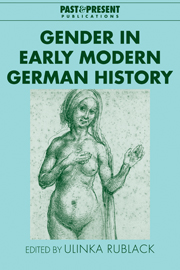
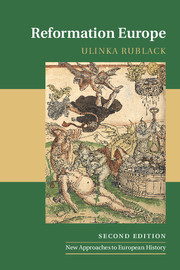
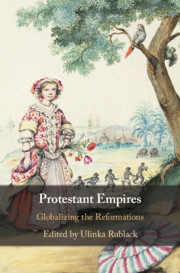
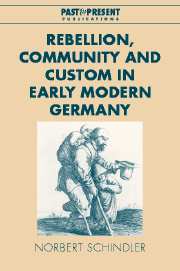
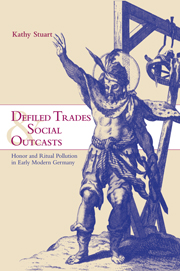
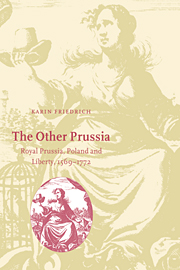



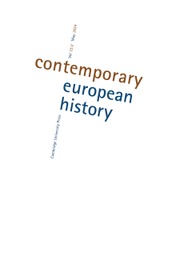

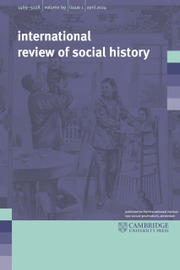
.jpg)
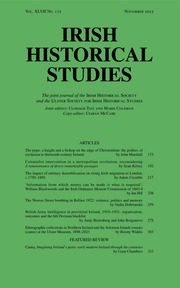
.jpg)
